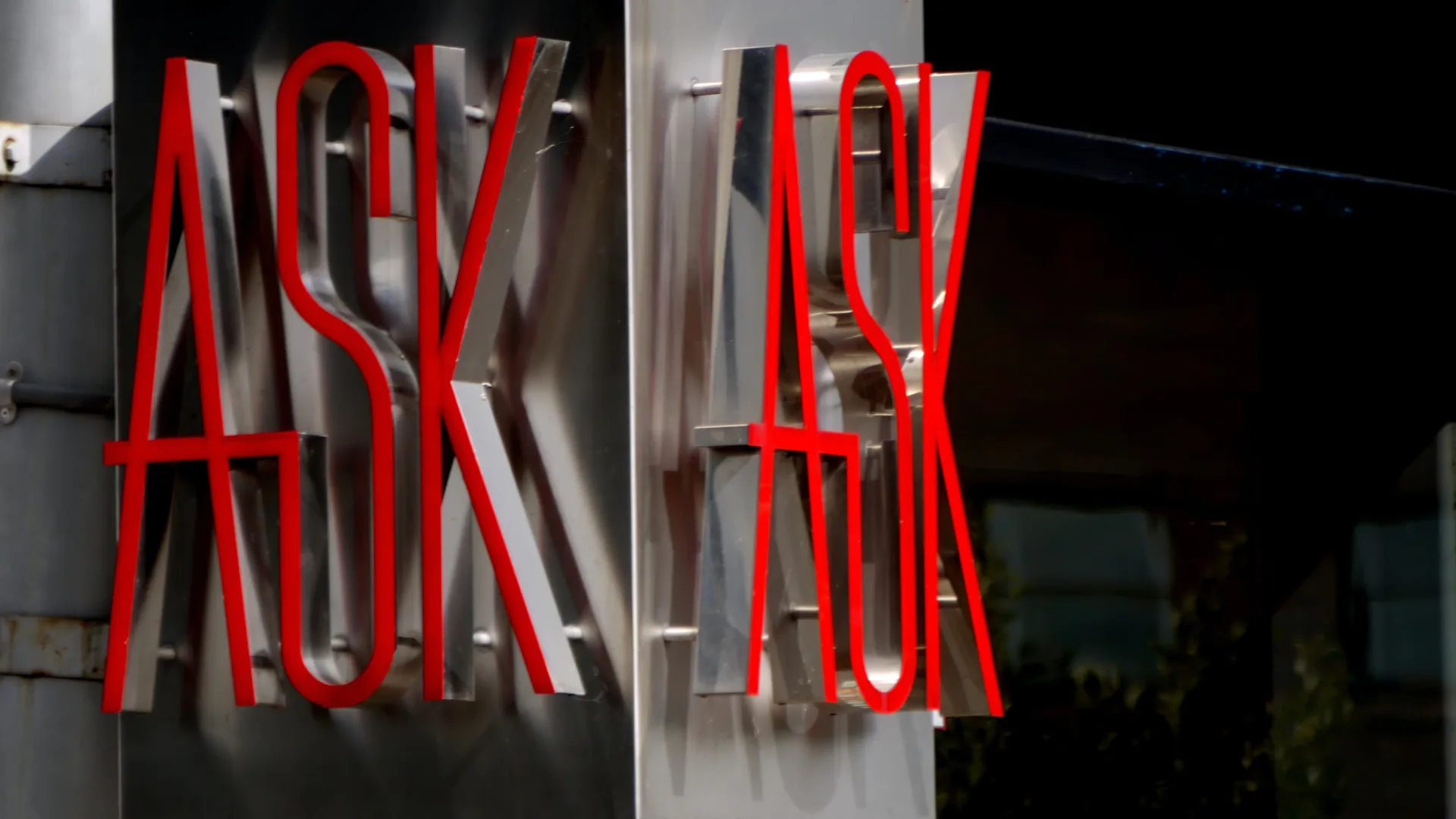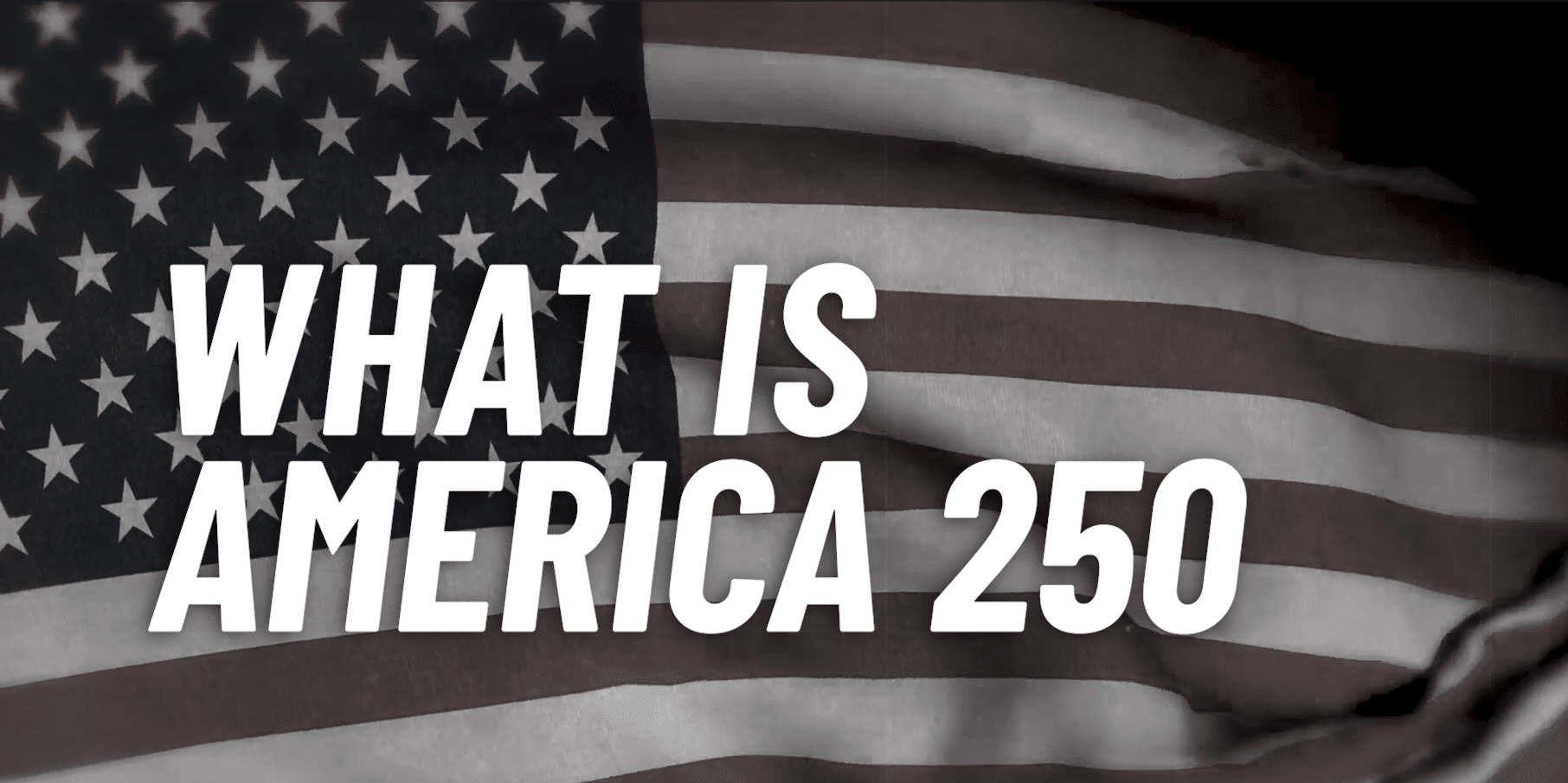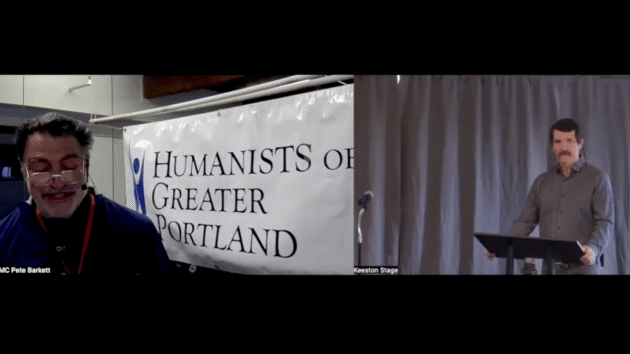Feature photo by Brett Jordan
Written by Community Environmental Legal Defense Fund (CELDF) Staff
(This piece was inspired by Caitlin Johnstone’s post “15 Questions that are more useful than ‘What Presidential Candidate Should Americans Vote for’)
As staff members of a public interest environmental law organization, we are always getting questions from community members and environmentalists who have just found out that some corporate or industry project is coming to town. Or sometimes it is to dump or “process” waste in the community. They always want us to tell them how to stop it from happening and unfortunately, we have bad news for them. It’s illegal to succeed in stopping them. Well, no, it’s not illegal to try; it’s just illegal to succeed, using the bureaucracies erected for our entertainment.
What we can offer here are some questions that might help communities understand why they can’t find help in the current regulatory system and from environmental laws when they want to protect themselves and their local environment. The law doesn’t even recognize that they are a part of that ecosystem, because how could they be part of somebody else’s property? Difficult as it may be, we’d all be better off focusing on how to change the legal system itself instead of pleading for stricter regulations.
- Instead of asking “how many jobs will be coming”, we ask “what kind of jobs will be coming, will they be living wage jobs; who will fill them and how much of taxpayers’ corporate bribery money in the form of incentives and tax abatements are part of the secretly negotiated concessions handed over as ransom?”
- When the local elected officials tell the people that “it is a done deal”, why are the people just hearing about it for the first time? Why weren’t the community members consulted before it was a done deal? Was the public left out until now because of all the public resources given away to bring this fabulous deal home?
- Why does the industry get to have closed door meetings with our elected “public servants” and unlimited time to speak and present their project, but the people are limited to 3 minutes to speak, if at all?
- Who provided the “facts and data” stating that the project is safe? Was it the corporation or industry proposing the project? Have any independent experts been consulted?
- If the EPA is so great at protecting the environment, why is it that over 50 years of their “environmental protection”, the environment is worse off than ever and we are on the verge of ecological collapse? And If the Clean Water Act is such a good law, why does a report out in 2022 state that over 50% of the U.S. lakes, streams and rivers are too polluted to drink, swim or fish in?
- Whose priorities are being protected when the majority of comments made at a public hearing are AGAINST the project, and the regulatory agency still issues the permit?
- Why are the corporations’ empty promises more believable than the concerns of the community?
- Why do we go to public hearings on air and water permits and fight to get the industry held to regulatory standards that legalize harmful levels of toxins instead of banning them completely? (The permit makes the harm legal)
- Instead of fighting so hard to discover what toxins they are poisoning us and the environment with, why don’t we fight that hard to prohibit them altogether, and to give the affected communities the last word?
- Why do we believe that making a monetary contribution to ‘save the polar bears in the Arctic’ actually works, when we can’t stop a pipeline, fracking, lithium mining, water withdrawals or an industrial chicken facility in our own community? Are we really just alleviating underlying guilt feelings, knowing that our donations won’t end the polar bears suffering, just our sense of responsibility as complicit participants?
- When we advocate for banning plastic bags do we ever consider the harms to forests and communities to produce paper bags? Or that when we believe electric cars are better than gas ones, or that wind and solar somehow don’t have dangerous harmful effects to the environment, we are really kidding ourselves without changing the outcome?
- Why are people who are willing to put their bodies on the line to protect drinking water, clean air and healthy food for all of us ridiculed, arrested and sued, while the corporations poisoning the water, air and soil not considered criminals and terrorists?
- Instead of avoiding neighbors and community members because they have different political, religious or cultural views, maybe we should reach out based on what we have in common…wanting clean water to drink, clean air to breathe and healthy food to eat for ourselves and our families?
- Have we ever considered that we are a part of nature and that nature is not someplace we drive to be “in nature?” Or, what we do to nature, we do to ourselves?
- Is it possible for us to admit that with all our fancy degrees and western science, we could learn something from cultures that lived in a more symbiotic and respectful way with nature for millennia?
To learn more about Community Rights and Rights of Nature explore our CELDF website while you are here.



